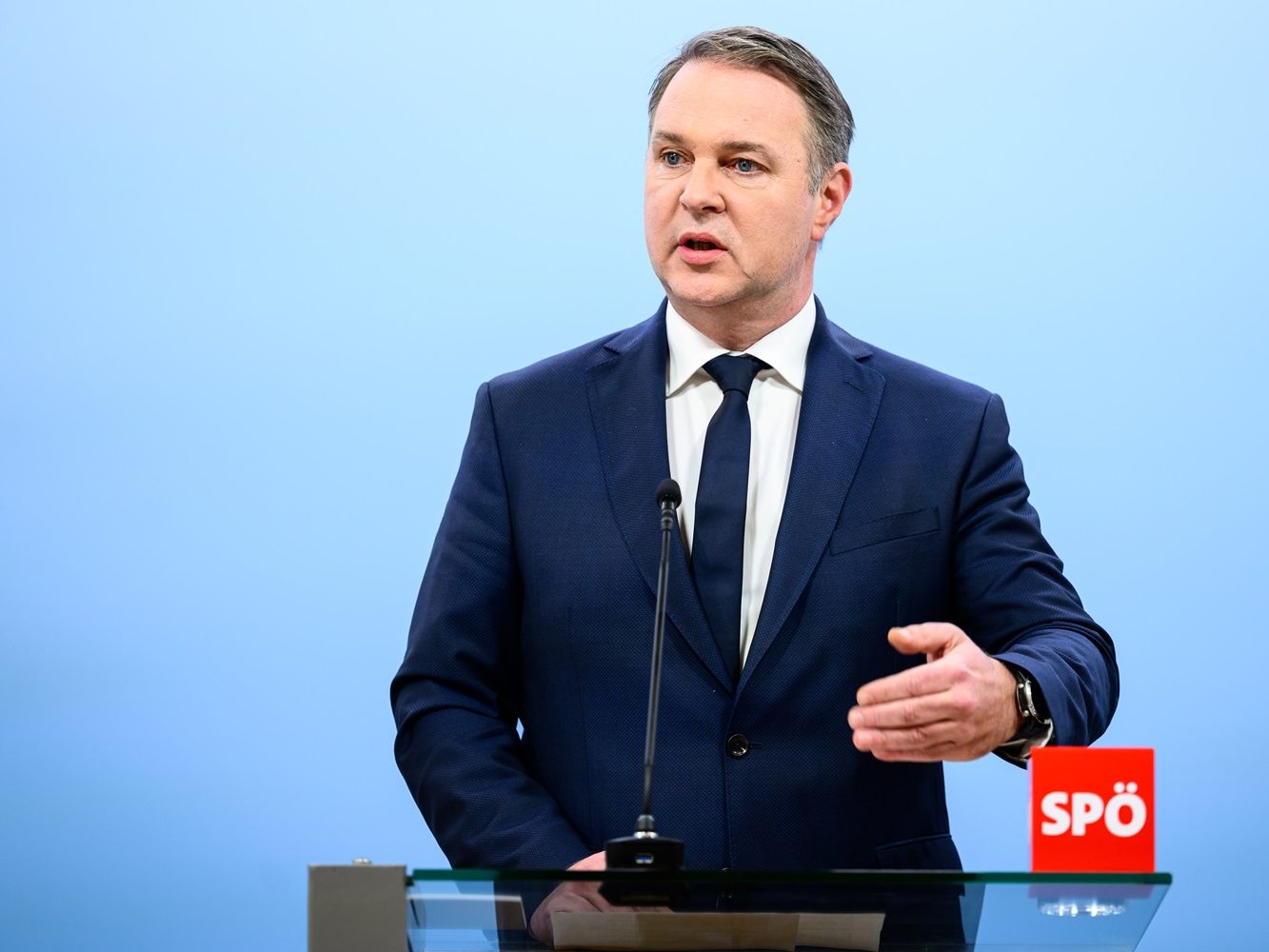These days, there is often talk of "sleepwalkers". Referring to ÖVP politicians, for example, who do not want to acknowledge what Herbert Kickl's FPÖ is aiming for: Absolute power, in which there will be no room for them in the end. This is quite realistic: The Türkis have imagined they need to copy the Blues. Result: They have made themselves somewhat redundant. The original, i.e. the FPÖ, is much more popular to the right of the centre.
There are also "sleepwalkers" in the SPÖ: They do not see that there could be new elections very soon. The emphasis is on "could". However, for a party, this should be enough to prepare for the eventuality.
In the SPÖ, however, the motto is: Close your eyes. The Viennese comrades around Mayor Michael Ludwig are focused on their own luck in the early municipal council election at the end of April. Until then, the federal organisation under the leadership of Andreas Babler is not an issue for them.
This is highly risky. Babler himself sees no need for action, believes he is doing everything right and therefore expects to be the Social Democratic top candidate in the next National Council election. Whenever that will be. Result: The party must fear to continue losing and possibly maintain around 20 percent. This will also make it a non-determining factor in federal politics in the future - and perhaps never again.
The SPÖ's dilemma is obvious: Babler has failed. He wanted to bring the party to first place. However, it came third in both the European and National Council elections. He wanted to win voters who are particularly affected by inflation. Workers, for example. But they have been drawn to Kickl.
What went wrong? Babler did not manage to put together an attractive, credible programme. This is due to his own incompetence and so-called party friends who openly opposed him and his content. As well as to high-circulation newspapers that campaigned against his wealth tax plans. There are many explanations, but it is futile to dwell on them for long. The result counts.
If a blue-turquoise federal government should now come, the SPÖ cannot expect to benefit greatly from it. Of course, there will be a polarisation, so also a counter-movement to Kickl. But this could rather help the Greens to overcome their crisis and become stronger again.
The problem of the SPÖ is that with Babler it cannot occupy the middle ground that is likely to open up. More precisely: On the one hand, there will probably be a consolidated FPÖ. Disappointed supporters of the ÖVP, who do not forgive her for having given up the rejection of Kickl, will hardly switch to the SPÖ. They are more likely to turn to the Greens, but also to the Neos.
So what does Babler still want? It's a mystery. And it's disastrous for social democracy that there seems to be no one pushing for consequences. It's as if the party has already given up at the federal level.
Johannes Huber runs the blog dieSubstanz.at - Analyses and backgrounds on politics
This article has been automatically translated, read the original article here.






